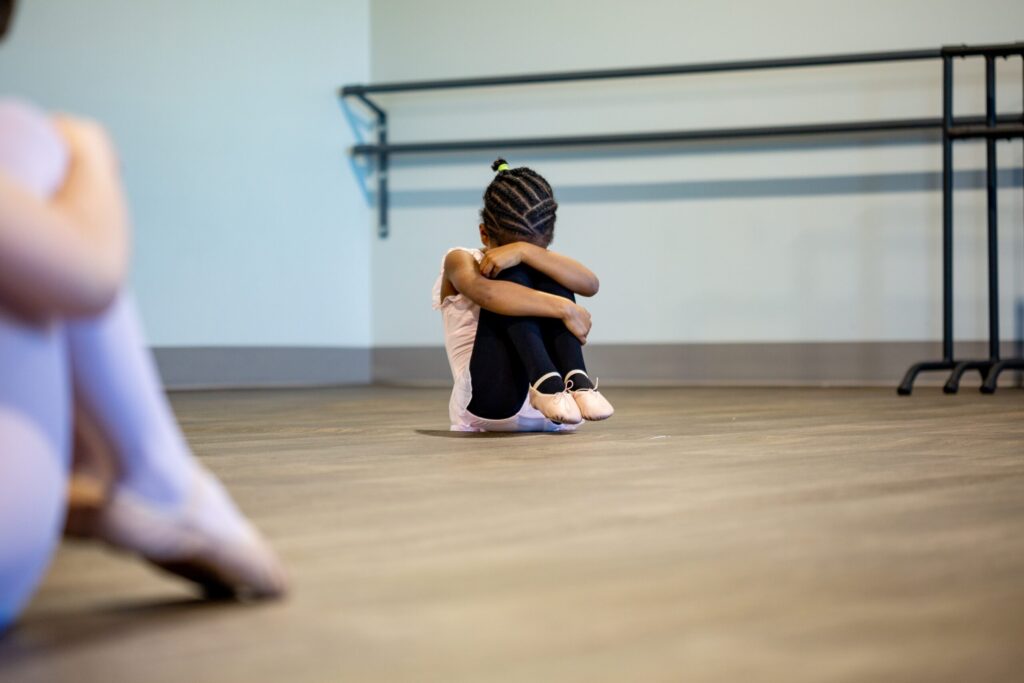Generational trauma can play a major role in your child’s mental health. If you are a parent embarking on a journey to understand and improve your child’s mental health, this article is for you! Let’s explore what generational trauma is, and how it impacts your child development and well-being.
What is Generational Trauma?
First and foremost, let’s understand what generational trauma is. Generational trauma can be understood as residual traumatic events that are passed down. This can include abuse, addiction, war, natural disasters, and more. It can manifest in different ways, and is passed down biologically and through learned behaviors, which we will explore next.
How Does Generational Trauma Continue?
Generational trauma can continue in two ways: through nurture and through nature. Generational trauma can appear to be in our nature, passed down genetically from parent to child. That’s right – generational trauma can exist in our biology!
It can also occur as a result of nurture, as actions displayed by the parent inherently become instilled in the child. These are learned behaviors that can impact individuals as well as groups.
Family Dynamics
Family dynamics can play a huge part in this phenomenon. When it comes to family structure, no two are exactly alike. Dynamics such as being adopted, raised with a single parent, being a child of divorce, and other situations can heavily influence generational trauma. As children observe how family units operate, communicate, and function, they are more likely to repeat these same patterns down the line.
Cultural and Social Norms
Cultural and social norms are another key factor to explore when understanding how generational trauma can be influenced. Some cultures are more open to talking about mental health issues than others. The same goes for certain parts of the United States, and even the world!
These social norms can make generational trauma even more apparent. In some cultures, talking about trauma is frowned upon, allowing these feelings to manifest in children. These feelings can then be displayed in unwanted ways, which we will explore below.
How Generational Trauma Can Manifest
Next, let’s explore how generational trauma can manifest in children:
Emotional and Behavioral Challenges
Emotional and behavioral challenges are one of the first signs of generational trauma. Generational trauma can make it more difficult for children to regulate their emotions, and understand why they feel the way that they do. This is especially a parent in children, as adults have had more time to learn about their history, and unpack the past. (1)
Attachment Problems
Does your child display attachment issues? If so, this might be a sign of generational trauma. Attachment issues can manifest from feeling the need to always be protected around loved ones. Children may even show unhealthy attachment, patterns with teachers, physical objects, such as stuffed animals, or even places.
Low Self-Esteem
Low self-esteem is another telltale sign of generational trauma. If your child has a difficult time advocating for themselves and understanding, they’re worth, generational trauma might be a contributing factor. Children may have observed negative self-talk in their upbringing, making it hard to feel confident in their actions and choices.
Poor Decision Making
Of course, there are many different reasons why a child might make poor decisions. Generational trauma can be a contributing factor however, as they make decisions without fully understanding the repercussions of their actions.
How You Can Help Your Child
If you suspect your child is suffering from mental health issues, caused by a generational trauma, here are a few ways in which you can help.
Education
First, make sure to prioritize education around generational trauma as a parent. Understanding this phenomenon in its entirety will be the first step in helping your child heal. Remember, your child may never feel comfortable opening up to you about generational trauma, no matter how much research and reading you do on the issue. Since you are a member of their family, opening up to you can be especially challenging. (2)
Therapy
Therapy is one of the most effective ways to help support children suffering from generational trauma. Methods can include exposure therapy, talk therapy, and counseling. Therapists can help by providing a judgment-free space for children to share aspects of their trauma they would not feel comfortable sharing with a family or friend.
Medication
In combination with talk therapy and other healing methods, medication might be prescribed for more serious cases. As always, it is important to talk with your child’s therapist, pediatrician, and psychiatrist to make sure you are providing the most robust treatment plan.
We hope this article helped you better understand what generational trauma is, and how to know if your child is suffering. Contact NeuroBehavioral Associates today to learn more about the resources and support we offer for children and families dealing with generational trauma.
Resources:
- How Does Truama Spill From One Generation to The Next – The Washington Post
- Generational Truama: Breaking the Cycle of Adverse Childhood Experiences – Indiana University Health

